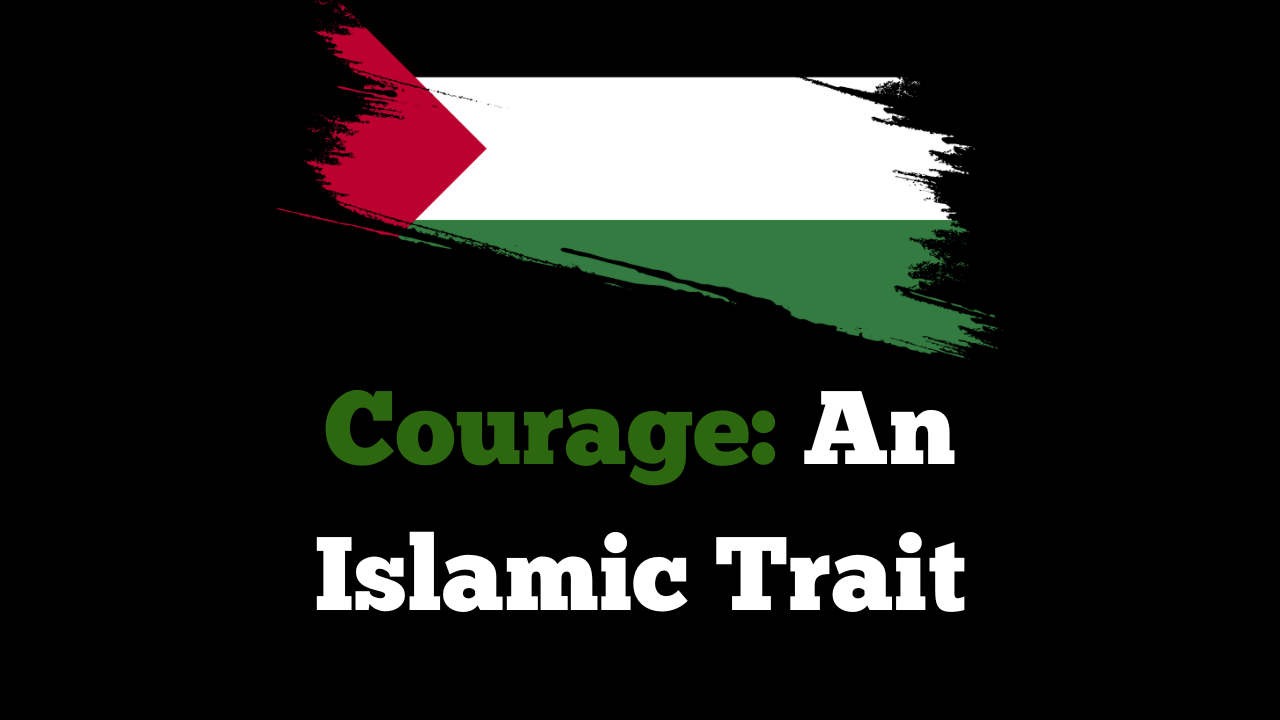In the name of Allah, Most Gracious, Most Merciful.
Peace be upon the Final Messenger.
Here are 40 important tips to help you along your personal development journey:
- Your number one priority in life must be your relationship with Your Creator. Everything else is secondary.
- Make time daily to worship your Creator and to connect with Him. The five daily prayers being the bare minimum of this.
- Spend time in the company of the righteous. You will always benefit from any time spent around pious people.
- Small consistent daily effort works best. Focus on the small things and be consistent at them.
- Have a vision and have clear goals that fit within that vision. This gives you something to work towards.
- A strong work ethic is key for succeeding at anything. Get accustomed to hard work.
- Never neglect your family in pursuit of your own goals. Your personal vision must include strong family ties.
- You will gain more happiness from a strong relationship with your spouse, children, siblings and parents, then you will from being a wealthy loner.
- Discover what you are good at and passionate about. Work on the side on building something that aligns your skills with your passions. Do not neglect these two sides of you.
- Starting your day early leads to a blessed day in which a lot gets done.
- You do not need to be good at school to succeed at life. Forget about your traumatic school experiences and focus on learning knowledge that benefits and growing into the best version of yourself.
- Focus on one task at a time. An hour of intensive focused work produces better results than a week of unfocused work.
- Develop a routine that s productive and healthy. Routines help you stay focused and work hard even when you are unmotivated.
- It is okay to sometimes feel overwhelmed or sad, to take breaks, but you need to eventually get back at it and work through your emotions.
- There will always be obstacles and challenges. Nothing worth having comes easy. Be ready to face a lot of resistance on the path to success.
- Invest in your own learning. Read daily, study a wide range of topics and skills. Keep building your skillset over a long period of time.
- Take time daily to relax, have some halal fun, and recharge. Do not overwork your body or mind.
- Take care of your health. Ensure that you eat healthy, get enough sleep, and exercise enough to keep your body working well.
- Some days will be harder than others. Cut yourself some slack and focus on what is necessary during those days.
- We stress too much about things that are outside our control. Trust your Creator, accept your Destiny, and focus on what is within your control.
- We worry too much about things that may never happen. Be optimistic about the future, but also be prepared for realistic things that may go wrong.
- Being obsessed with things that went wrong in the past will prevent you from excelling today or building a brighter tomorrow. Focus on the present and the future. Learn from the past.
- Community is important. Build strong relationships with members of your community and be there for each other.
- A life of service to others is better than the pursuit of selfish desires. Do what you can to assist others and be of service to your family and community.
- Be generous always. With your wealth, time, skills, knowledge, experience, and wisdom.
- Learn from the wisdom of your elders. Make time to sit with them, listen to their life experiences and benefit from their wisdom.
- You will not be able to achieve perfect work/life balance. That is fine. Just focus on working hard, and spending quality time with family, while carving out some time for yourself too. Perfection is impossible.
- Conflict is a part of life. Learn how to resolve conflicts, forgive each other, and rebuild relationships. Do not cut people off easily due to one bad experience.
- But do not be a fool either. There are people out there who are really evil and will take advantage of good people, when you encounter such people, stay far away from them.
- Success is not measured in wealth or fame. Success is God’s pleasure, a happy family, a content soul, and a sense of purpose and community.
- Halal Wealth is important, but do not make wealth your primary objective. Once you have enough to not worry about money anymore, then be content and focus on more important things. Do not feed the greed monster, it never gets satisfied.
- You do not have to do things alone. Work with others, benefit from mentors, and let others help you.
- Spend time in nature. It reconnects you with God, calms the soul, and helps boost your creativity.
- Learn quickly how to make money, save money, invest, and grow your wealth. These skills will help you escape the rat race quickly.
- Try to build hobbies that sharpen the mind, strengthen the body and channel your creativity. This will benefit you in every aspect of life.
- Good manners and good character are necessary for building successful relationships. Invest in your own character development.
- Live a life of dignity, morality, modesty, and honour. This will save you from a lot of unnecessary drama and trouble.
- Treat the trials in your life like opportunities for levelling up. You will unlock your greatest skills and qualities during difficult times.
- Be grateful for every little blessing in your life. Make time daily to focus on the blessings in your life and to thank God for them.
- Make peace with your mortality. Accept that death is sudden and inevitable. Focus on being the best you can be everyday knowing full well that it will end one day.
We ask our Creator for a good life in His Service, with strong relationships, consistency, strength, and a good end.
Ameen.
Learn more with our Self Help Starter Bundle, on sale here: https://islamicselfhelp.gumroad.com/l/selfhelpbundle/






